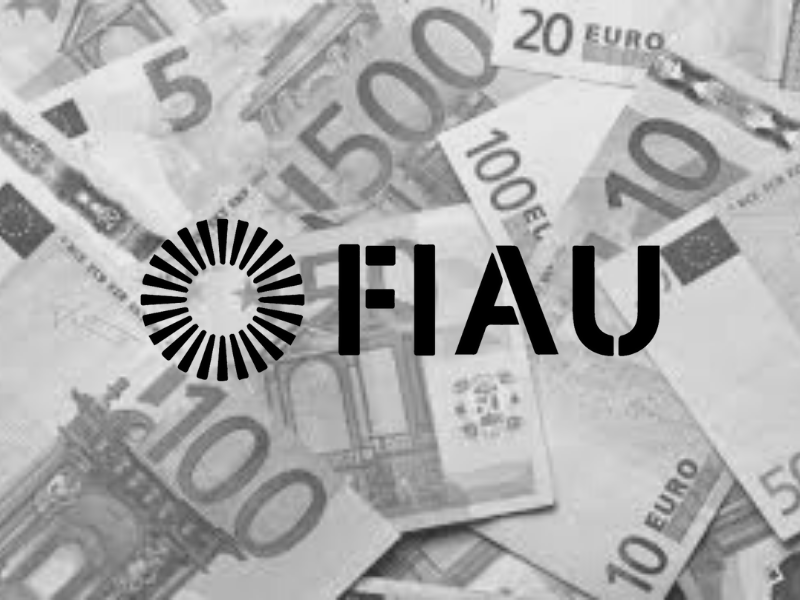The FIAU (Financial Intelligence Analysis Unit) yesterday suffered a significant setback to its regulatory functions as the Constitutional Court annulled a decision handed earlier by Judge Lawrence Mintoff.
The issue refers to an administrative decision by the FIAU in November 2020 to fine Insignia, a credit card service company for the super rich, €374,000 for various breaches under the money laundering act.
The company, which former economy minister Chris Cardona joined shortly after resigning from his ministerial post, appealed the decision claiming that the conclusions of the FIAU were erroneous.
At the same time, the company filed a constitutional case, insisting that the way the FIAU is conducting its business and the same provisions of the Anti-Money Laundering Act it was implementing went against the constitutional and human rights of the same company.
According to Insignia, the FIAU was acting arbitrarily as the prosecutor, jury and judge, and this went against its constitutional right to a fair hearing.
The company also insisted that before its appeal from the fine continued to be heard, the same court had to wait for a decision from the constitutional court on whether the FIAU was acting against the Constitution.
In July, after hearing the constitutional case, Judge Lawrence Mintoff had decided against Insignia’s arguments, turning down its case and deciding that the appeal from the fine should continue to be heard despite the company’s anti-constitutional claims.
Yet the Constitutional Court yesterday annulled Judge Mintoff’s decision and agreed that the inferior court should first hear whether the FIAU is in breach of the constitutional and fundamental human rights of Insignia and only after that would it consider the appeal against the fine.
Legal sources told The Shift that this means that if the court finds that the FIAU is breaching constitutional rights in the way it is imposing administrative fines, this will be a major setback to the anti-money laundering agency as all its actions could be declared unconstitutional and a change in the law required.
Why was Insignia fined?
Insignia – a Valletta based company set up in 2011 – offers card services for high net-worth individuals. It is owned by a Cypriot company bearing the same name. Its directors are British national George Kesidy and Serbian Nada Tucakov.
Soon after resigning as Economy Minister, Chris Cardona joined the company as an advisor.
According to the FIAU, an onsite inspection had shown how the firm has failed to file suspicious transaction reports about a Russian client who was a politically exposed person with alleged ties to the mafia.
The FIAU claimed that Insignia had only obtained a source of wealth declaration form that only corroborated the information of the Russian customer’s estimated earnings and assets, allegedly sourced from his entertainment business.
The compliance examination carried out by the FIAU found that no risk assessment was carried out for six file reviews. It also claimed significant other breaches of the Anti-Money Laundering Act.
Insignia refutes the claims and is challenging them in court.















The FIAU officials who get to decide on the dishing or not of the fines, includes Director Kenneth Farrugia and Assistant Director Alfred Zammit.
Zammit is well known for signing the clean bill of health to Pilatus Bank. Farrugia is known for being weak with the strong and strong with the weak. What a track record for those who get to see whether you should be fined or not.
For the record, their conflicts of interests are not made public.
Also for the record, they never fined Nexia BT.